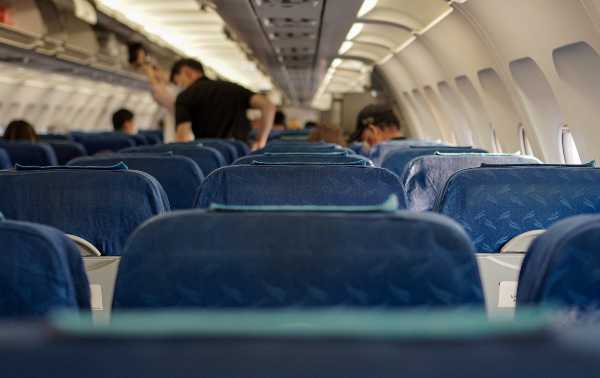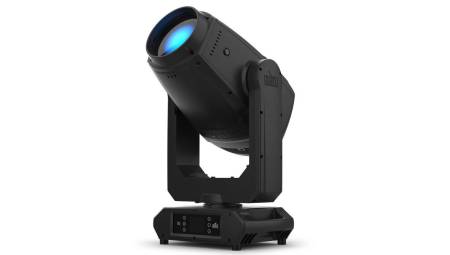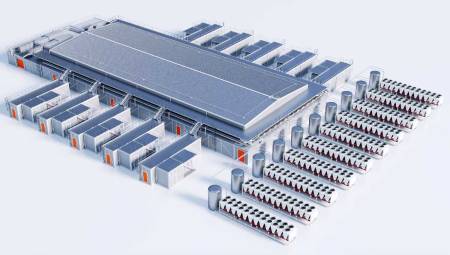We analyze the changes in guest behavior during and after Covid-19, what else should the Hospitality industry know?
Alfredo Lamadrid Alducin*
It has been more than a year since the first case of COVID-19 was reported to the World Health Organization in December 2019. The World Health Organization declared it a pandemic in March 2020. Several countries during the pandemic have initiated nationwide lockdowns and restrictions (WHO, 2020). The pandemic has led to global economic shortages described by the International Monetary Fund (IMF)
COVID-19 is having a lasting impact on the needs and preferences of consumers, this is an evident result of the time in which the pandemic is lengthening and complicating, forcing consumers to indisputable changes in behavior. Interestingly, consumers are adapting to this new normal, with significant changes noticed in their way and frequency of travel.
Switch to the essentials
A notable change in consumer behavior during the pandemic is their shift to essential purchases, i.e., groceries, and a reduction in the purchase of discretionary items, i.e., non-essential products and services.
Value-based purchases are the key trend during the pandemic; consumers are looking for "value for money" now more than ever. Saving is the top priority of people with disposable income (KPMG, 2020). Consumers are increasingly aware of their purchases and strive to limit overspending and waste (Wright and Blackburn, 2020).
This shift has arisen because customers feel financially pressured and vulnerable due to COVID-19 (KPMG, 2020).
The Hospitality & Restaurant Industry Must Change and Adopt Digital Platforms in Every Possible Way
The pandemic has led to social distancing and a reduction in in-person interactions, resulting in a specific preference for digital use. Fortunately, digital channels have filled the gaps in the spheres of life (KPMG, 2020).
 People work, shop, learn and play, all remotely. COVID-19 has accelerated the shift to digital platforms rapidly. Interestingly, digital usage is now not tied to a certain age; instead, it has become mainstream in all age groups and generations. There has been an unprecedented increase in e-commerce in today's markets; for example, Amazon's e-commerce sales increased by 47% to date during the second quarter of 2020
People work, shop, learn and play, all remotely. COVID-19 has accelerated the shift to digital platforms rapidly. Interestingly, digital usage is now not tied to a certain age; instead, it has become mainstream in all age groups and generations. There has been an unprecedented increase in e-commerce in today's markets; for example, Amazon's e-commerce sales increased by 47% to date during the second quarter of 2020
Loss of loyalty, highly lethal in hospitality
Consumers have chosen to experience new brands and new ways of traveling & vacationing, or simply recreation. They are adopting new buying behaviors due to the disruption of their usual buying patterns. Interestingly, if this change has satisfied consumers, there is a greater chance that these new adoptions will be maintained.
Value is a fundamental reason for customers to experience new brands and places to travel or just eat. Other reasons are to try new brands available or simple convenience and quality
In addition, the overall consumer trust in brands has decreased, Interestingly, there has been an increase in love for local brands. A reason to buy locally is reflected in consumers' purchases and the way they shop.
Anchored at home
New habits are forming as consumers stay home. The home is now the school, cafeteria, entertainment center and restaurant for consumers.
The fine line between work and personal life is blurring and merging, as many consumers are working from home and also plan to continue to do so in the future. Offices take on much less relevance for companies and employees. This challenges in epic proportions the hospitality & F&B industry that relies on the physical presence of customers and guests for revenue.
Global Impact on Tourism and Hospitality
The tourism industry is recovering as restrictions are removed in some countries and people adapt to the new normal. However, the behavior of tourists is affected by psychological and economic factors. Psychological factors include fear of contracting the virus and willingness to travel. The economic factor is the decrease in family income. Both affect the decision-making process of tourists.
According to the World Tourism Barometer, international travelers declined by 65 percent, meaning the industry lost 440 million in international travelers. Interestingly, consumers are opting for domestic tourism in some countries.
Domestic tourism is the act of traveling for pleasure or business within the country of residence. The hospitality industry survives thanks to these stays. UNWTO expects domestic tourism to heal the industry faster and stronger than international travel. For example, the tourism industry in the Emirate of Dubai in the UAE has experienced an increase in domestic tourism by 107 percent. The increase has accounted for more than three-quarters of hotel bookings to date
Breaking points
Owners and shareholders of the hospitality industry need to know their customers and their situation. Changes in consumer behaviour need to be continually studied to avoid losing their share of the market.
Owners and shareholders must change according to market demands or else risk bankruptcy. Due to the loss of loyalty, companies must ensure first-class customer service management and build trust through communication.
Digital and intelligent data platform (PMS, POS F&B, POS Retail & Backoffice)
It is time to get on data platforms and generate a long-term strategy of scalability and confidence in your difficult management platform, review and analyze if your PMS, POS F&B, and Backoffice are what will give the short-term answers to the changes, management and administration of the business. Know if you are really profitable, if the loyalty of your guests is as you think and be able to sell yourself in various ways avoiding expenses, fees and costs to third parties
Communication and the shift to zero-contact, non-paper technologies and forms of digital payments are key to surviving the impact of COVID-19
The hotel experience must be reinvented to provide a hassle-free experience and a highly secure environment for the guest. For the time being, the industry should push for domestic tourism to survive the impact of COVID-19. Innovative solutions such as extending the use of non-contact, non-paper technologies and providing more and more digital options for payments, access and controls.
*Alfredo Lamadrid Alducin is Managing Partner of Hostec Mexico & United States.
















